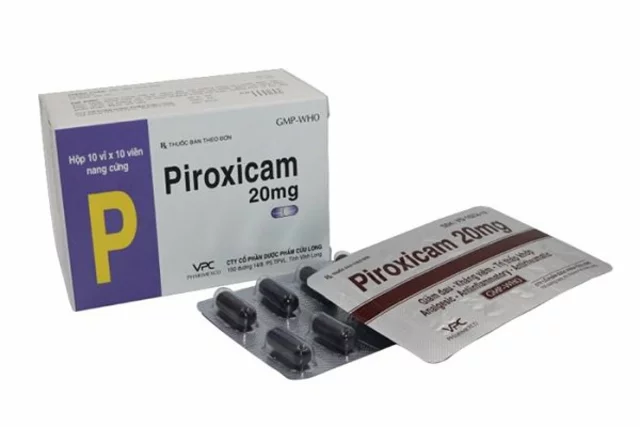Fertility Medication: What Works and what to watch for
If you're trying to conceive, fertility medication can change the game. This page pulls together clear, practical info: common drugs, what to expect, safer alternatives when Clomid doesn't work, and simple rules for buying medicines online without taking unnecessary risks.
First, know the common options. Clomiphene (Clomid) and letrozole are the go-to oral drugs to trigger ovulation. If those don't work, doctors often move to injectable gonadotropins (FSH/LH) or combine meds with intrauterine insemination (IUI). Metformin helps if insulin resistance is a factor. Progesterone supports the luteal phase after ovulation. Each drug targets a different problem — so testing and a clear diagnosis matter.
When Clomid fails: clear next steps
If you tried Clomid and it didn't trigger ovulation, don't panic. First, confirm ovulation with blood tests or ultrasound. Next options include switching to letrozole, adjusting doses, or moving to gonadotropin injections under a specialist's supervision. Our article "Clomid Not Working? Second-Line Fertility Treatments & Alternatives Explained" goes into specifics and real-world timelines so you know what to ask your doctor.
Also consider simple, evidence-backed fixes: timing sex with ovulation, weight management if you’re overweight, and checking thyroid and prolactin levels. Sometimes small changes plus a medication tweak do the trick.
Safety, monitoring, and common side effects
Fertility meds can cause mood swings, hot flashes, bloating, and — rarely — ovarian hyperstimulation syndrome (OHSS). That’s why monitoring is key: your clinic should offer blood tests and ultrasound checks during stimulation cycles. If you have multiple follicles or rapidly rising estrogen, your provider may lower doses or freeze embryos instead of transferring in the same cycle.
Always tell your doctor about other meds you take. Some drugs interact and change how fertility meds work. Also, avoid self-adjusting doses; small changes in fertility protocols can have big effects.
Thinking about buying fertility drugs online? Only buy from licensed pharmacies that require a prescription. Our site has several guides on how to spot fake pharmacies and how to buy prescription medicine safely. Look for a physical address, pharmacist contact, and clear prescription policies. If a site sells controlled or injectable meds without verifying a prescription, avoid it.
Finally, be patient and practical. Fertility treatment paths vary a lot between people. Ask for a clear plan: goals for each cycle, what tests you’ll get, and when you’ll change strategy. Use online resources to learn, but make medical decisions with your fertility specialist.
If you want specific articles, check our guides on buying meds safely and the in-depth piece about Clomid alternatives. Those pages give step-by-step options and safety checks so you move forward with confidence.

Enclomisign: Benefits, Uses, and Key Insights About the Fertility Medication
Enclomisign, a brand name for enclomiphene, is gaining traction in male fertility treatment. This article explores its benefits, uses, how it compares to other options, side effects, and real-world experiences with practical tips.
View More




